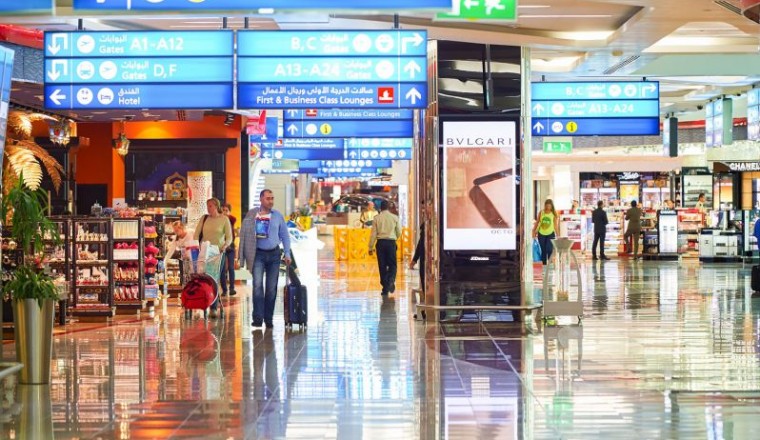
The Dubai Duty Free has announced that all passengers departing and arriving at Dubai’s airports will, in fact, have to pay an excise taxon carbonated and energy drinks as well as tobacco.
According to an official statement given to local newspaper Gulf News, travellers, much like the rest of the nation, will be subject to the new excise tax laws.
This means that passengers arriving or departing from one of Dubai’s Airports will have to pay the 50 percent excise tax charge on carbonated drinks. They will also have to pay the 100 percent excise tax on energy drinks – which means that if they were to buy a Red Bull, for example, it will now cost them AED9.50 as opposed to AED4.75.
While the new excise tax law, which came into effect on Sunday, October 1, also includes tobacco, DFF has announced that passengers arriving in Dubai will only be subject to pay the excise tax fee if they buy more than 400 cigarettes. It has not yet been confirmed whether passengers departing the country from Dubai will be subject to the excise tax on tobacco and its byproducts like shisha.
For all those who are new to the UAE, here’s what you need to about the UAE’s excise tax and the Value Added Tax (VAT) which will be introduced across the UAE in January of next year…
The excise tax fee was introduced across the UAE on Sunday, October 1. As a result, 1,610 items have become subject to excise tax. Of the 1,610 items, 60 percent of them were classified as soft drinks, 26 percent were listed as tobacco and its byproducts such as shisha while, 14 percent were listed as energy drinks.
According to the Director General of the Federal Tax Authority, Khaled Al Bustani, the UAE Excise Tax has been adopted to reduce the consumption of goods that damage people’s health.
The UAE is the second Gulf country after Saudi Arabia to apply excise taxes.
The UAE tax authority expects government revenues to increase by as much as AED7 billion (US$1.9 billion) after the collection of excise tax.
The Federal Tax Authority has previously announced that excise tax collections will only be accepted in e-Dirhams. A decision that is believed to boost the government’s efforts of adopting an electronic system.
With regards to VAT, the news of the 5 percent VAT was confirmed earlier this year by the Under Secretary of the UAE Ministry of Finance, Younis Al Khouri, who stated that from January 1, 2018, all GCC countries will be enforcing a 5 percent VAT.
While businesses with annual revenues of over AED375,000 will be obliged to register for the GCC VAT system, there will be no income tax on salaries.
The cost of preschool and school, as well as government owned or government funded higher education facilities will be unaffected by the introduction of VAT.
All goods exported out of the GCC will be zero rated, while investments in gold, silver and metals with 99 percent purity will also be subject to a zero VAT rate.
There’s also good news for residential property hunters as both rental and sales will be generally exempted from VAT.
With regards to transport, it seems that the price won’t be going up anytime soon. All local passenger transport such as taxis and metro services will be exempt, while international flights from the UAE as well as international air passenger transfers through the UAE will be zero rated.
In an attempt to help all UAE businesses adapt to the new law that will come into effect on January 1, 2018, the UAE’s Federal Tax Authority (FTA) has launched a new website, www.tax.gov.ae.
Source: http://www.shortlistdubai.com/travel/article/16861-passengers-at-dubai-airports-to-pay-excise-tax?
utm_source=newsletter&utm_medium=email&utm_campaign=shortlistdubai_newsletters









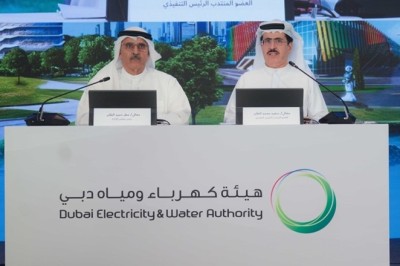



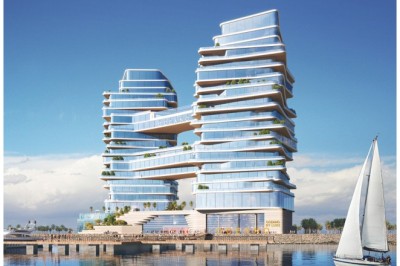
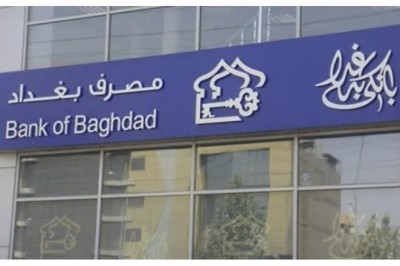


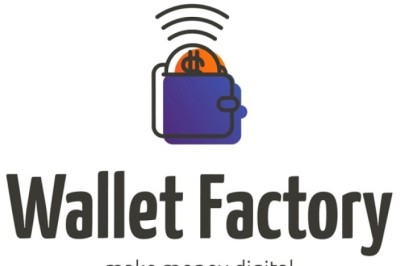

Facebook Conversations
Disqus Conversations